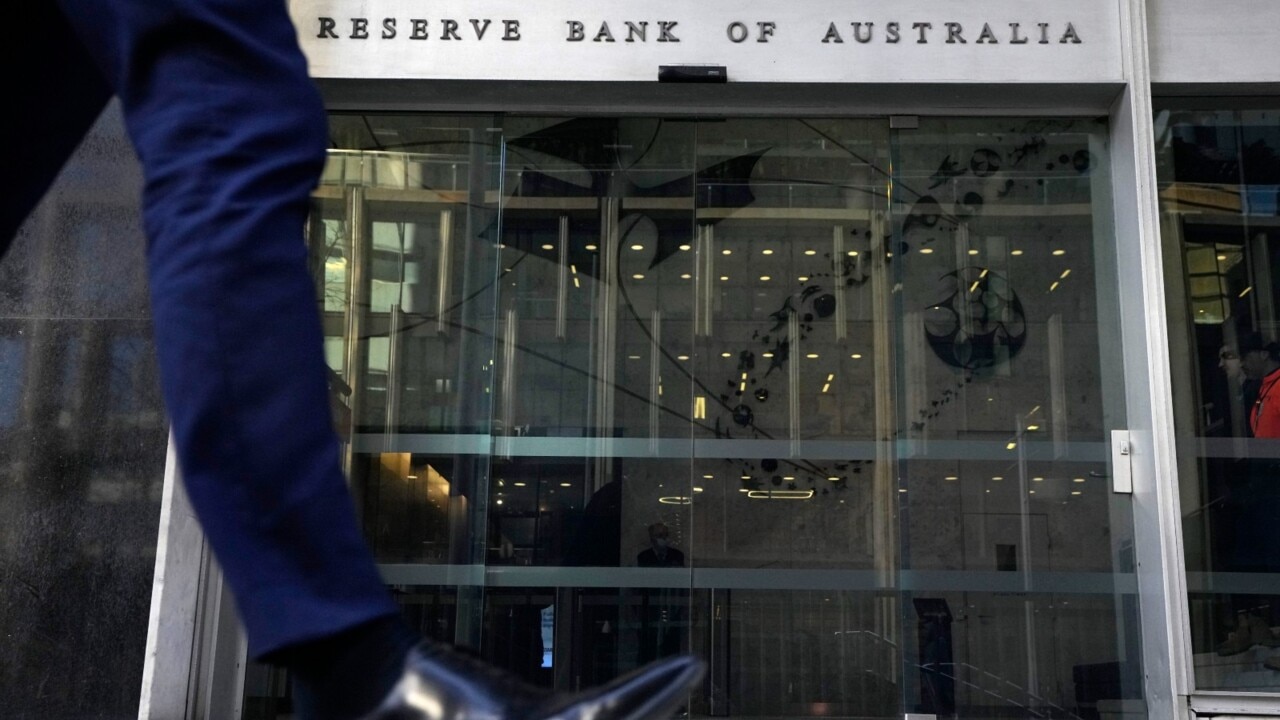Big trouble for small business, as failure rate on track to hit recession highs
The number of business failures in the nine months to March are at the same level they were for the 12 months to July as far back as 2018 and the signs of improvement are far from positive.

At least 7747 businesses have crashed in the nine months to March, hitting their highest level since 2018 when the same number of failures was achieved in the 12 months to July, data from the corporate regulator reveals.
The figure is expected to climb and small business watchers say failures may reach their highest levels since the 1991 recession, despite population growth and gross domestic product growth being positive.
The latest inflation figures have upset for those banking on an interest-rate cut in the second half of the year, as Wednesday’s figure of 3.6 per cent reflected the surging cost of services and rents.
The inflation figure even resulted in some commentators revising down expectations of a rate cut. Judo Bank’s Warren Hogan said the Reserve Bank might increase rates another three times before the end of the year.
“The bottom line is the cash rate just isn’t high enough,” Mr Hogan said.
But unemployment is low and many people spent the pandemic years adding to their savings accounts, equities or housing.

Council of Small Business Organisations Australia chief executive Luke Achterstraat said his sector was “under a lot of stress”, and that while there had been much talk about the costs-of-living crisis hammering many in the economy there was little acknowledgment of the challenges to business.
“Small business is facing a crisis on all fronts,” he said.
Mr Achterstraat said the insolvency figures from ASIC “are just the tip of the iceberg”, with many small businesses choosing to cease trading and wind up.
“This will go on until we start seeing that relief come through. A lot of it is based around confidence levels, they won’t improve until we start seeing interest rates coming down,” Mr Achterstraat said.
He said many small businesses were entering the rate rising cycle well prepared, but many others had built up tax debts over the pandemic years and now faced a reinvigorated Australian Taxation Office, which has warned it will chase debtors.
Mr Achterstraat said building and construction operators were at the forefront of the costs crisis, with many having been pinched by a rapid run-up in costs after signing fixed contracts.
Others in hospitality and retail were faced with a downturn in shopper spending, coupled with a blowout in supply chain and labour costs, as record low unemployment and a rise in the minimum wage squeezed margins.

“It’s extremely hard to operate these enterprises on a profitable basis,” Mr Achterstraat said.
KPMG turnaround and restructuring partner David Hardy said Australia was facing an “SME insolvency resurgence”, but said it came as a “catch-up” after the Covid-19 period.
Mr Hardy said despite the impact largely taking place on the small end of the business scale, it was likely to work its way through to bigger businesses, many of whom supplied smaller operators.
“SMEs are the heartbeat of the Australian economy and to the extent they’re feeling pain all other players in the market will feel pain,” he said.
“It’s very difficult to pick where you are in the cycle. The outlook is still very choppy. It’s possible it might get a bit worse before it gets better.”
While failures have been limited to smaller operators, the market has also seen the collapse of several major operators, including plastics manufacturer Qenos, taking 700 jobs in Sydney and Melbourne with it, with several others looking likely.
All this presents a problem for business lenders, which face the prospect of loan blowouts as borrowers fail to pay up.
But this downturn is unlike those that came before, with the finance system increasingly split between secured lenders, often backed by residential property, and non-banks that charge stiff rates of interest.

Judo Bank chief executive Chris Bayliss said business failures may hit their highest level since 1991, but said many small businesses in Australia were less exposed to debt distress as they carried less debt than their international counterparts.
Mr Bayliss said many businesses had been caught out by the RBA when rates started moving in May 2022, but said they would now have “to adjust to the fact they are going to pay a cash rate, at least beginning with a three for the foreseeable future and make decisions associated with that”.
But Judo is also dealing with the broader distress in the economy, with the bank shovelling cash into provisions in case more loans go bad.
At its last set of results, Judo said it would probably lift its provisions to $70m, with it already sitting on $95.7m in impaired assets and a further $130.5m in provisions across its books.
The safeguarding is reflected across banking, with lenders stowing cash to cover bad business lending, in a move analysts expect to slash profits across the sector.
Banjo Loans boss Guy Callaghan said his lender, which offers unsecured financing, had seen a spike in losses, with the latest inflation figures to feed through to further provisioning levels.








To join the conversation, please log in. Don't have an account? Register
Join the conversation, you are commenting as Logout